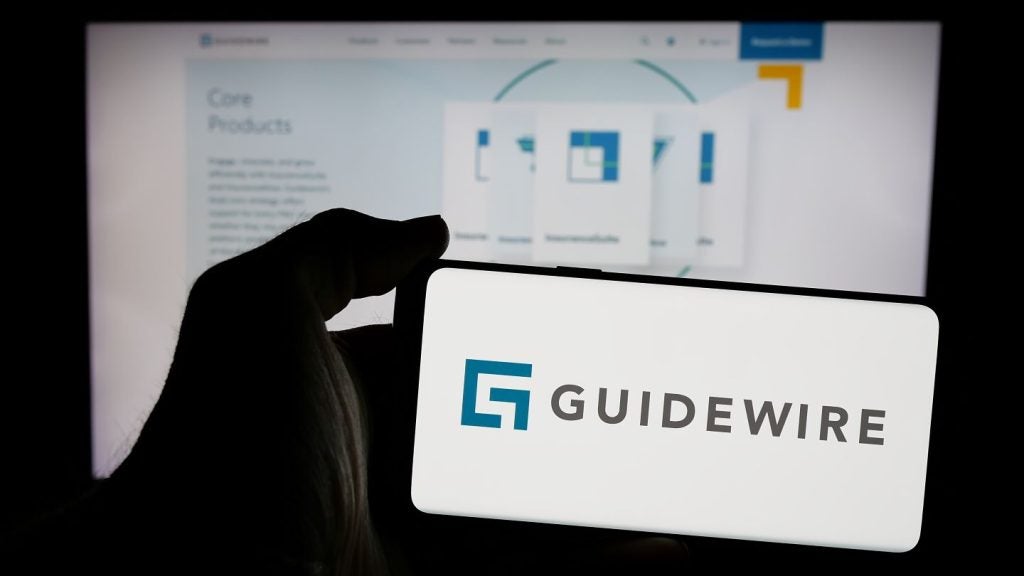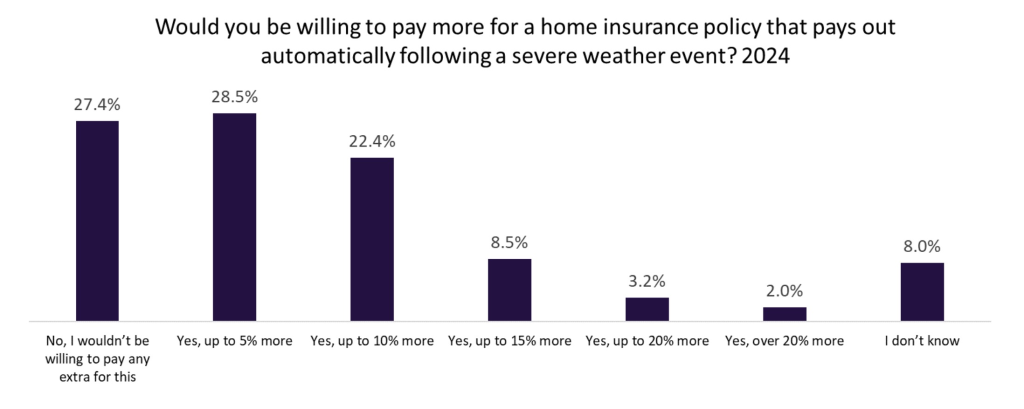Success of sweeping reform of the UK’s pension landscape
heralded by the passing of the 2008 Pensions Act and due for
implementation in 2012 is under threat, warns the Association of
British Insurers (ABI).
The industry body’s warning follows publication by the Department
for Work and Pensions (DWP) of draft legislation on automatic
enrolment into personal pension accounts (PPA) schemes which will
be established under the Act.
Though PPA schemes are primarily aimed at some 10 million employees
who do not have access to a work-based pension scheme, they
encompass all employees aged between 22 and state pension age
earning (at 2006/07 rates) over £5,035 ($8,000).
Employees will, however, have the right to opt out of personal
accounts schemes.
At the heart of the ABI’s concern is the duration of the DWP’s
proposed phasing in of employer contributions to PPA schemes.
Phasing in will start in 2012 from 1 percent of a company’s wage
bill, rising to 2 percent in 2015 and 3 percent in 2016.
By 2016 employees will under the WPP’s proposal pay 4 percent of
their salary into a PPA scheme which will be matched by their
employer’s contribution plus a 1 percent top up from the
government.
How well do you really know your competitors?
Access the most comprehensive Company Profiles on the market, powered by GlobalData. Save hours of research. Gain competitive edge.

Thank you!
Your download email will arrive shortly
Not ready to buy yet? Download a free sample
We are confident about the unique quality of our Company Profiles. However, we want you to make the most beneficial decision for your business, so we offer a free sample that you can download by submitting the below form
By GlobalDataHitting out at the WPP’s proposals Maggie Craig, the ABI’s director
of life and savings, commented: “Botched implementation of the
Pensions Act will put the success of the reforms at risk.
“It was always understood that some phasing was necessary, but the
four-year delay before contributions rise to 3 percent is
unacceptable.”
She continued that as things stand, employers may be encouraged to
ditch private schemes, which benefit from higher contributions, in
favour of the state-backed scheme where they could pay just 1
percent for at least three years.
“So, at a time when Britain is not saving enough, the crucial first
few years of the new system will see less saving,” she
stressed.
In addition to its major concern related to the phasing in period,
the ABI took issue with the WPP’s proposal that large employers
will have automatic enrolment imposed on them before medium, small
and micro employers. ABI was also concerned that the consultation
period on the proposals will only be for six weeks, half the usual
consultation period.
Criticism of the WPP’s proposals has not been limited to the ABI.
Political criticism from the incumbent Labour Party’s rivals was
particularly harsh .
The Liberal Democrat Party’s shadow work and pensions secretary,
Steve Webb, was quoted in the UK press as commenting: “Labour’s
flagship pension scheme for people on low pay is unravelling before
our eyes.”
Looking at the issue from another perspective, independent pensions
expert Ros Altmann believes personal accounts schemes should be
scrapped before they even get going.
Among her many concerns is that employers will reduce contributions
to the minimum stipulated under the Act.







